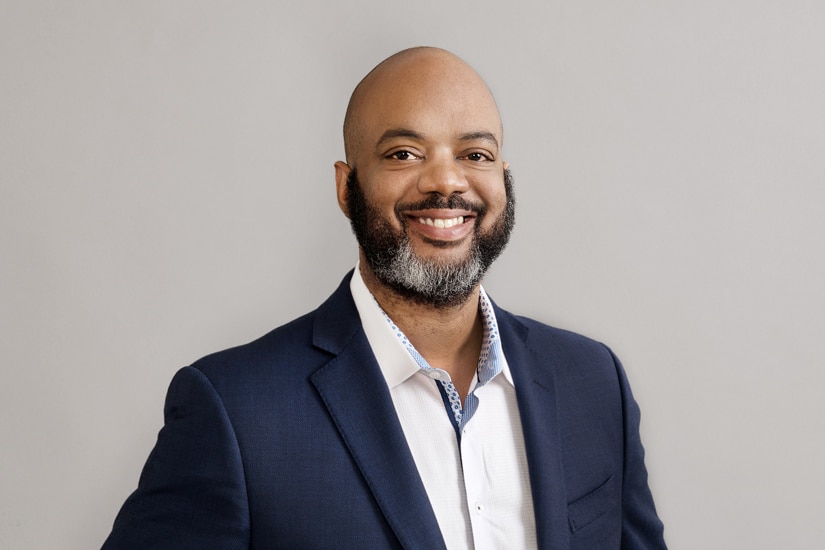Company Counsel is a law firm led by Bernard A. Williams, a seasoned attorney who honed his craft as a commercial litigator at some of the finest large law firms in the nation. But it was actually his passion for small businesses—not law—that led Williams to create the firm, which is based just outside Philadelphia in Bala Cynwyd, Pennsylvania.
“Early in my career, I worked in big law for a number of years, and most of my clients were Fortune 100 companies,” he explains. “I worked on matters that made the New York Times front page, but I felt disconnected from the people I was serving. I did not want to be just a cog.”
Williams wasn’t making the direct impact on people he wanted to be making. He left big law in 2008 and started his own business, an education company that served high school kids and helped them with study skills and test preparation. That led him to start integrating himself with the local small business community.

“For the first time, I was meeting the actual owners of businesses and entrepreneurs who, on the ground, were trying to make things happen,” Williams shares. “I formed some great relationships in those days. But the more I tried to rebrand myself as an educator, the more the people in the small business community kept coming to me with legal questions. They didn’t know where else to go for help.”
As a business owner himself, Williams saw firsthand that smart, forward-thinking legal counsel is not a privilege meant only for the wealthiest of corporate conglomerates. Rather, every business needs wise legal advice and representation to survive, grow, and sustain success.
Therefore, Williams created Company Counsel as a way to help entrepreneurs and small business owners live out their dreams, achieve their goals, and beat the odds by carefully reviewing their unique needs and working together to remove all potential legal roadblocks. The vision of Company Counsel is to create a better world, powered by businesses who do the right things, the right way.
The common thread among his clients is that they want to do well by doing good. They are not “sue-happy” people, but just those who are looking to be prepared.
Early on, Williams found there was a perception among small business owners that lawyers are too expensive, they get in the way, or they are simply not needed.
“In the small business community, there is a lack of awareness of the need for legal counsel, and that leads to missed opportunities and mistakes that could have been avoided if they had the right advice at the right time,” he says. “Legal counsel shouldn’t be viewed as a last resort; it should be viewed as a catalyst to help you accomplish your business goals.”
“The more I tried to rebrand myself as an educator, the more the people in the small business community kept coming to me with legal questions.”
For Williams, when he counsels his clients, it’s not coming just from the perspective of an outside general counsel, but from the lessons learned of being in the trenches himself.
“I’ve found that a lot of my counterparts have not been in the arena themselves,” he says. “Being a small business owner myself, I have the advantage of knowing exactly what it is like to run a business in the real world. It helps me to give advice that is better aligned to my clients’ business goals.”
Diversity is a core value at Company Counsel, which is a certified minority business enterprise.
“It’s an important part of who I am, and who we are as a company,” Williams notes. “It’s always been important to me to assemble a team that is diverse, inclusive, and embracing of our differences. Our combination of different races, perspectives, experiences, cultural backgrounds—it’s a strength of the firm. The diversity of my team helps us attack problems from different angles, and that allows us to arrive at a better solution than a firm where everyone looks the same, thinks the same, and acts the same.”
That, he believes, gives his firm a leg up over other firms offering similar services.
Williams admits he doesn’t miss “big law” much at all, even though he knows his firm has to be hungrier, scrappier, and do more to get noticed.
“That’s just the challenge, and I like it,” he says with a smile. “I’ve been Goliath, but now I’m David, and that’s who I want to be.”

